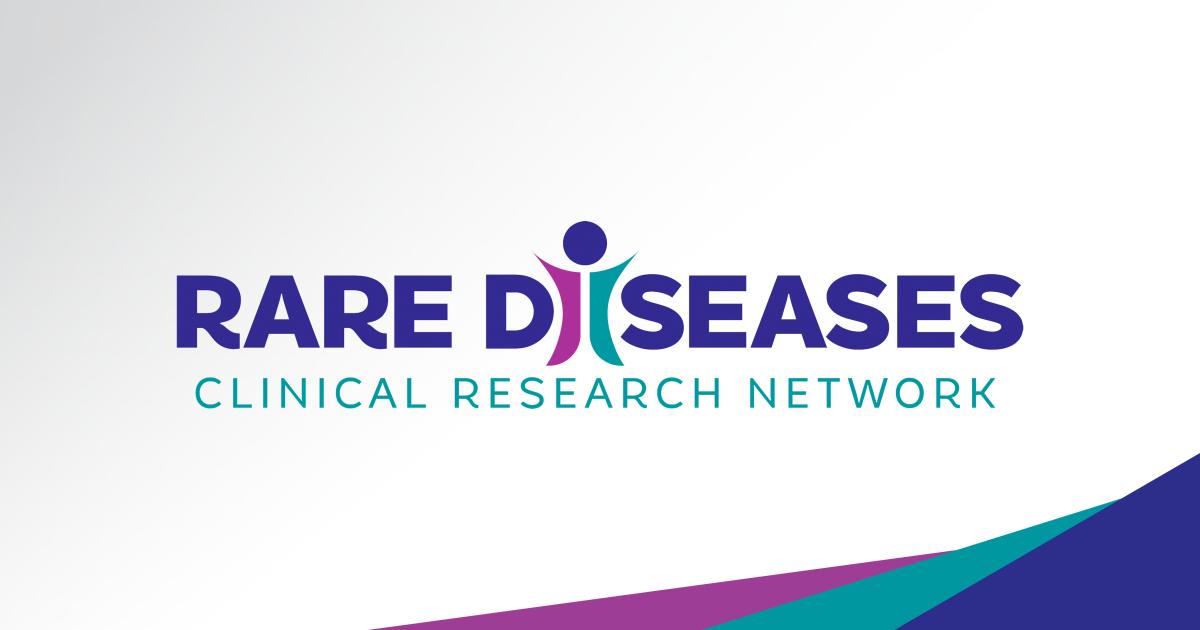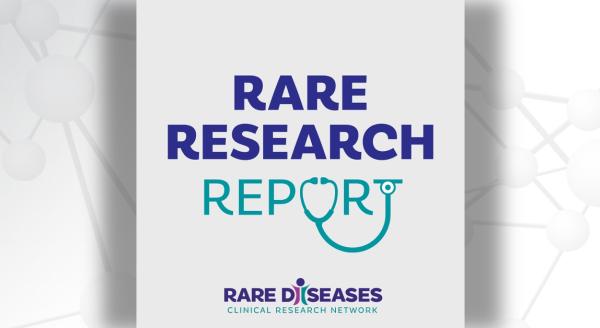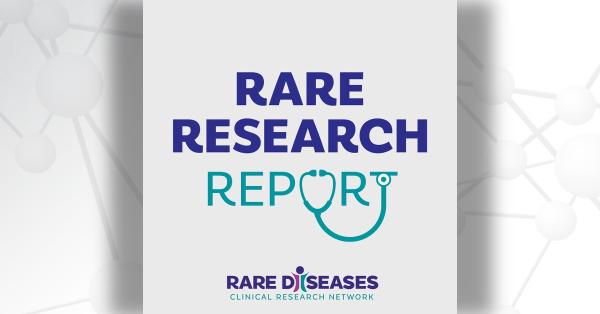With a focus on the patient and hope for a cure, the National Institutes of Health’s Rare Diseases Clinical Research Network (RDCRN) is launching a new logo. The mark at the center of the logo highlights what is at the core of the network’s research—a rising, hopeful and cured patient.
“As we enter our fourth funding cycle, we are updating the image of the network and focusing it more tightly on our goal: Working as a team to improve outcomes for patients,” said RDCRN program officer Tiina Urv, Ph.D. “This new logo emphasizes that patients are at the center of our efforts, interwoven into the day-to-day work of rare diseases research, helping scientists decide what is important to study, test and treat.”
The RDCRN funds research across 23 active consortia—national and international teams of researchers, patients and clinicians—focused on groups of rare disorders. The goal is to advance the diagnosis, management and treatment of rare diseases with a focus on clinical trial readiness. Each consortium promotes highly collaborative, multi-site, patient-centric clinical and translational research with the intent of addressing unmet clinical trial readiness needs.
The RDCRN Steering Committee and RDCRN Coalition of Patient Advocacy Groups Steering Committee chose the new logo in December 2019 in a network-wide leadership vote.
The Rare Diseases Clinical Research Network (RDCRN) is an initiative of the Division of Rare Diseases Research Innovation (DRDRI) at the National Institutes of Health’s National Center for Advancing Translational Sciences (NCATS). Established by Congress under the Rare Diseases Act in 2002, RDCRN fosters collaborative research among scientists to better understand how rare diseases progress and to develop improved approaches for diagnosis and treatment. It currently funds research across 23 active consortia—national and international teams of researchers, patients and clinicians—focused on groups of rare disorders. The network, now in its fourth five-year funding cycle, is a partnership with funding and programmatic support provided by Institutes, Centers and Offices across NIH, including the National Institute of Allergy and Infectious Diseases, the Eunice Kennedy Shriver National Institute of Child Health and Human Development, the National Institute of Neurological Disorders and Stroke, the National Heart, Lung, and Blood Institute, the National Institute of Arthritis and Musculoskeletal and Skin Diseases, the National Institute of Diabetes and Digestive and Kidney Diseases, the National Institute of Dental and Craniofacial Research, the National Institute of Mental Health and the Office of Dietary Supplements.






